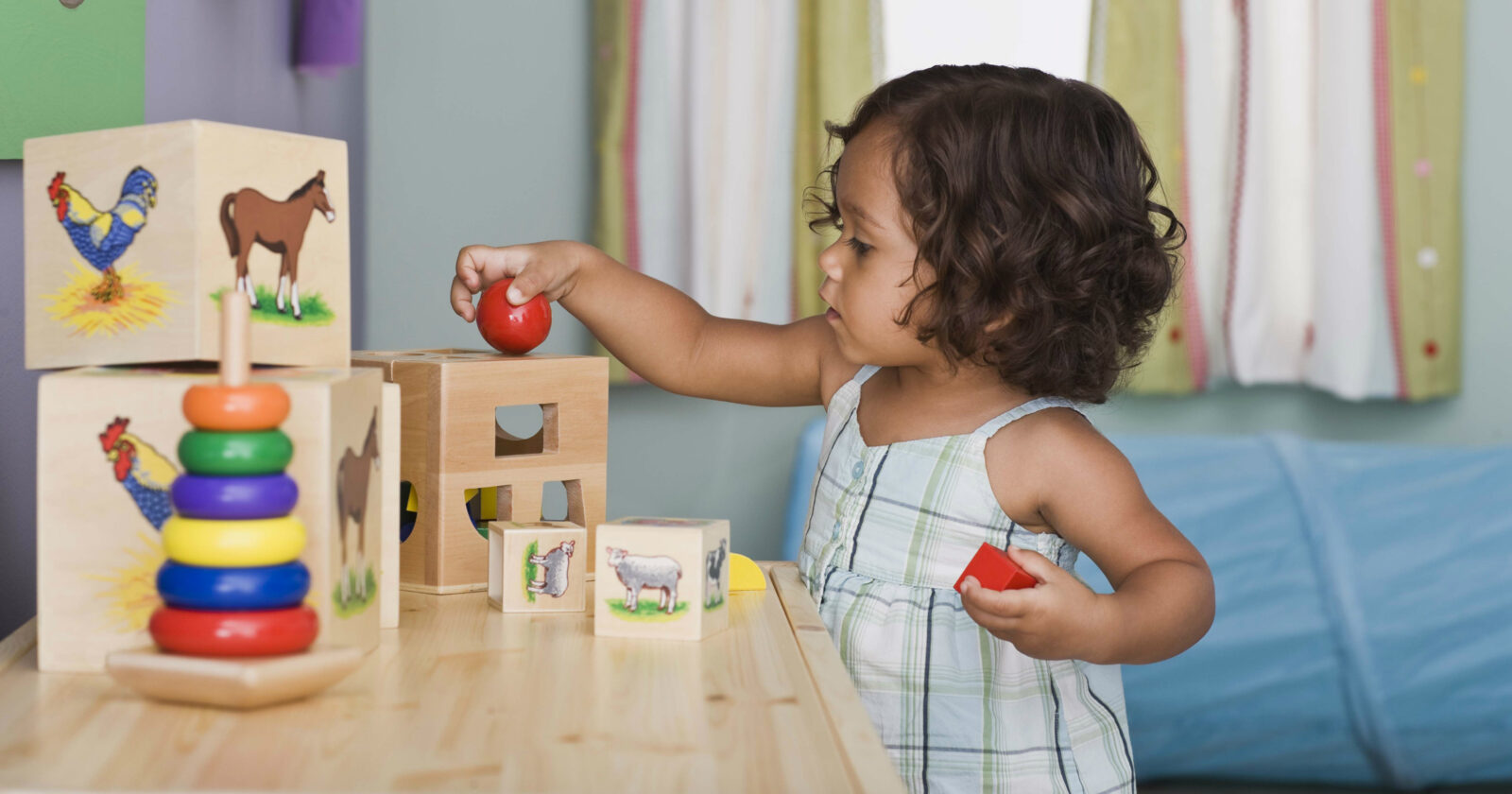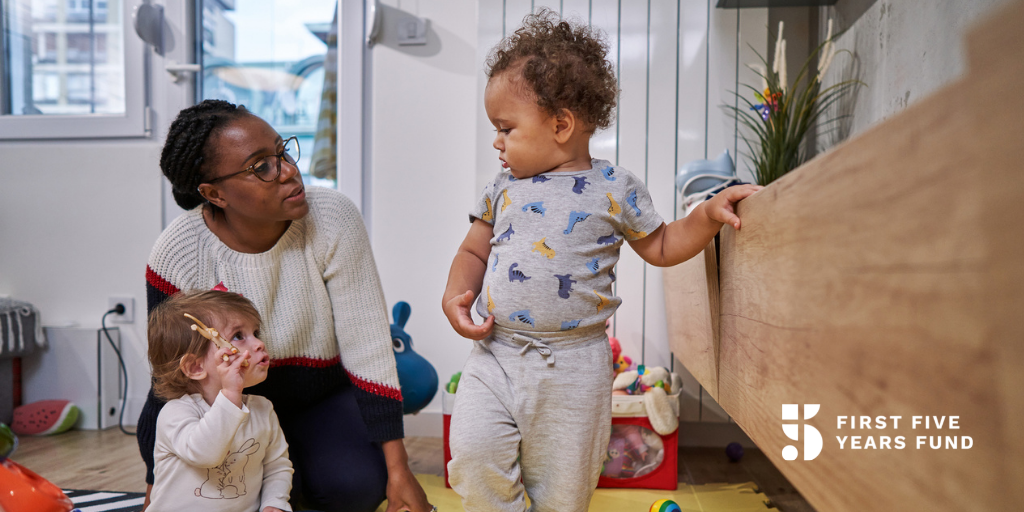Study Shows Head Start Reduces Likelihood of Adult Poverty

A new study from the University of Michigan found that Head Start has positive long-term impacts on both higher education attainment and economic self-sufficiency.
Researchers used longitudinal data from children who attended Head Start between 1965 and 1980 to track education and economic outcomes in their adult lives. The data showed that as adults, people who attended Head Start programs were 12 percent less likely to live in poverty as adults and were 29 percent less likely to rely on public assistance. Both of these findings support other studies’ conclusions that early childhood education provides a substantial return on investment for governments.
In addition to economic self-sufficiency, the study also examined the effects of Head Start on secondary and post-secondary education. Children who attended Head Start were more likely to complete high-school, more likely to enroll in college, and were 19 percent more likely to complete college.
The researchers concluded that Head Start’s positive effects come both from the academic curriculum as well as additional supports the program provides for children and their families. These supports include access to health screenings with referrals to health providers, vaccines, and nutrition support. These pieces together helped support children and families according to Martha Bailey, the lead researcher on the study. “Head Start did a lot of seemingly small things like giving kids healthy meals and helping them get glasses or hearing aids. This helped disadvantaged kids learn in preschool but also helped them succeed for many years afterwards,” she said.
Bailey and her team join a growing group of researchers who have found positive impacts of early childhood education. During the first five years of a child’s life, millions of new connections occur every second in the brain. Early Childhood programs, like Head Start, can support healthy development, improve school readiness, and create lifelong gains.
The complete paper can be found here.
Subscribe to FFYF First Look
Every morning, FFYF reports on the latest child care & early learning news from across the country. Subscribe and take 5 minutes to know what's happening in early childhood education.



